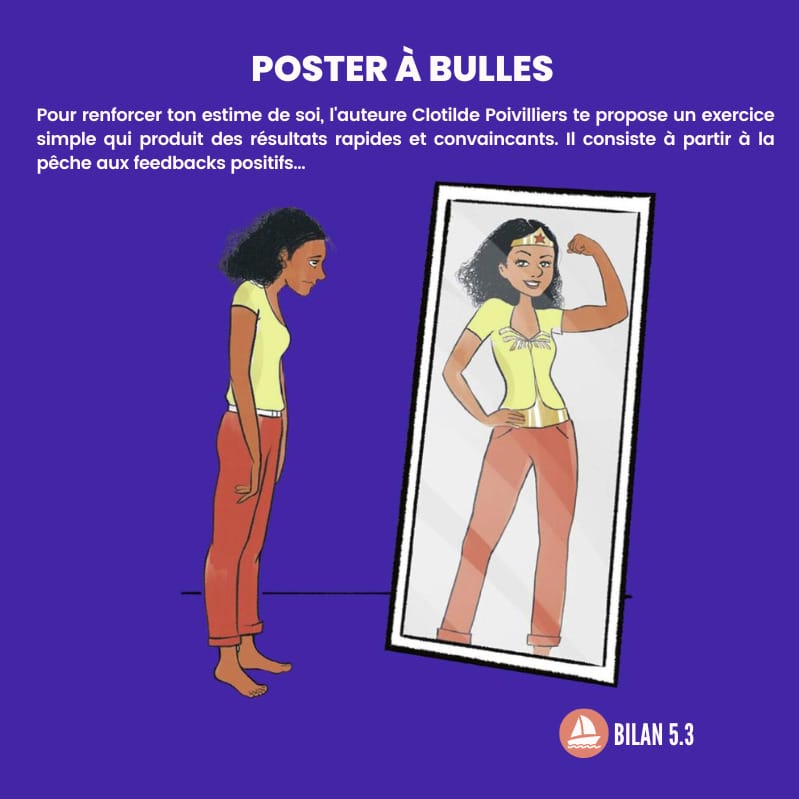Sleeping too much or too little can have serious health effects… but it would be possible to counter them with regular physical activity.

- Having short or too long nights, either sleeping less than 7 hours or more than 8 hours, increases the risk of early death, cancer and fatal cardiovascular diseases.
- A study shows that being physically active helps counter the harmful effects of poor quality sleep.
- To be in good health, it is recommended to sleep between 7 and 8 hours per night and to do at least 150 minutes of physical activity of moderate intensity per week.
Cardiovascular disease, cancer, early death… Numerous studies have highlighted the repercussions of poor sleep on the body. And if sleeping between 7 and 8 hours a day remains the best way to protect it, doing regular physical exercise helps to erase the negative effects of nights that are too short or too long.
This is confirmed by a study published in the scientific journal European Journal of Preventive CardiologyMarch 29, 2023.
You have to exercise to compensate for poor sleep
To measure the joint effects of physical activity and sleep duration on mortality risk, the researchers studied the records of 92,221 adults aged 40 to 73 who joined the UK Biobank study cohort. They were asked to wear a bracelet measuring movement and activity for a week between 2013 and 2015.
Based on the data collected, sleep duration per night was categorized as short (less than six hours), normal (six to eight hours), or long (more than eight hours). The total volume of physical activity was rated as low, intermediate or high. Data on participant mortality were collected from death records. During a median follow-up of seven years, 3,080 volunteers died, including 1,074 from cardiovascular disease and 1,871 from cancer.
“The study showed that increasing levels of physical activity reduced the mortality risks associated with short or long sleep duration”study author Dr. Jihui Zhang of Guangzhou Medical University said in a statement.
In detail, the short and long sleeps of very sedentary people were associated with 16% and 37% increased risks of death from all causes, respectively. In individuals with average physical activity, only the fact of sleeping little was detrimental to health. They had a 41% increased probability of death from all causes. On the other hand, no link was observed between the duration of sleep and the risk of early death in the most athletic.
“For cardiovascular deaths, short sleepers with low exercise volume had a 69% elevated risk, which disappeared as exercise increased to moderate or high volumes. For cancer deaths, heavy sleepers doing little exercise had a 21% increased risk that disappeared with moderate or high exercise volumes,” specify the communicated.
Physical activity: following WHO guidelines reduces the effects of a bad night’s sleep
Following the WHO recommendations of at least 150 minutes of moderate-intensity physical activity or 75 minutes of vigorous-intensity physical activity per week also helped reduce the harmful effects of poor quality sleep.
For cardiovascular deaths, short sleepers who did not follow the advice of the health organization had a 52% increased risk, but it disappeared in those who followed it. For cancer deaths, people sleeping more than 8 hours who did not take into account the WHO guidelines, had an increased risk of 21% which was erased for those who obeyed them.
“Our results suggest that health promotion efforts targeting both physical activity and sleep duration may be more effective in preventing or delaying premature death in middle-aged and older adults than focusing on a single behavior. In an ideal scenario, people would still have healthy amounts of sleep and physical activity. However, our work indicates that getting enough exercise can partially offset the detrimental impact of missing a good night’s sleep. “concludes Dr. Zhang.

















